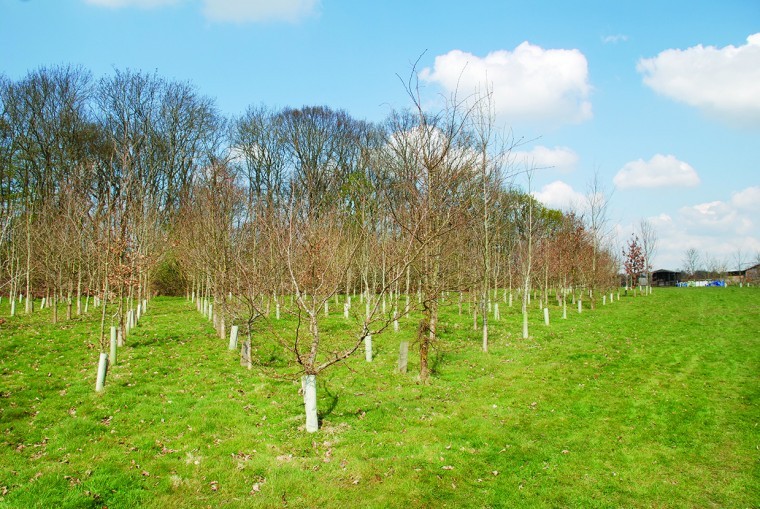Last year there was clear evidence of new buyers entering the UK forestry market attracted by the recent performance of the asset class, but also drawn to the environmental benefits of forestry. There was, according to Savills Spotlight: UK Forestry report, a perceptible shift in public attitude towards the climate emergency and investors concerned with ethical governance looked to forestry to provide some of their solutions.
Mark Townsend, Savills head of forestry and arboriculture in the south, said: “For commercial forestry the sustainability arguments are clear; we are producing a natural commodity in timber, the growing world population will put a strain on our natural forests, so plantations will be required to deliver more of the wood we need, and certification standards ensure there is a place for biodiversity and conservation in even the most commercially managed forests.”
While interest from new buyers was a feature of last year’s market, some recent trends continued including low supply, strong competition and reasonable timber prices, as well as rising asset values across all regions. The value of the UK forestry investment market was just over £121 million during the 2019 forest year (1 Oct 2018-30 Sept 2019). This represents a -2% reduction in overall sales value compared to 2018. Our analysis of the 2019 sales data shows the average gross value increased by 17% to £9,900 per hectare, which translates to an increase of 25% per net productive hectare to £13,100.
Due to the drop off in forest planting in the 1990s, even aged properties are now rare and restructured properties with a wide age range of mature and immature timber are now the market norm. These have different valuation dynamics as the prices combine both the immediate value realisable from felling age timber and the expectation value that younger trees have. This allows investors to take a positive approach to pricing, with an opportunity for a phased income rather than just at the point of sale.
Llanbrynmair a 5,342 acre forest in Powys, represents a good example of a mixed aged forest sale. The first commercial planting took place in 1960 and the forest was established over multiple-phases, with the most recent replanting taking place in 2019. The sale which was completed by Savills in early April exceeded the £27.5m guide price substantially.
Nicola Buckingham of Savills rural research says: “The growing interest in forestry has now filtered through into tree planting as we saw in many of the political party manifestoes last year. These positive pledges are very welcome, but there was little detail on how this additional planting would be achieved against a backdrop of complex grant schemes, slow processes, lack of nursery stock and the higher value of competing land uses.”




